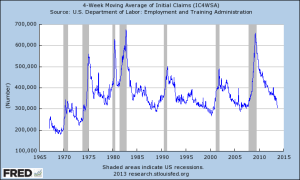For many, the study of economics goes back to the eighteenth-century urtext, The Wealth of Nations, by Scottish economist and philosopher Adam Smith. Notably, Smith and his contemporaries did not study economics, but political economy. At the time, there was no notion that economic behavior could be analyzed separately from its context, the political environment. The different governmental structures made the impact of government on human behavior absolutely impossible to separate—the ties between politics and economics were inextricable. To put it another way, it would be like considering the health of the brain while ignoring that of the heart.







